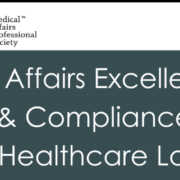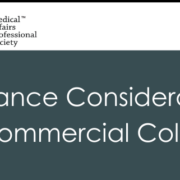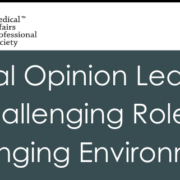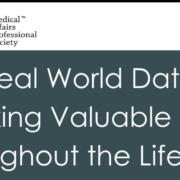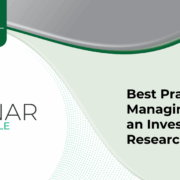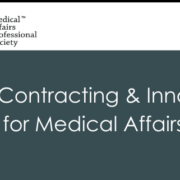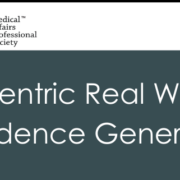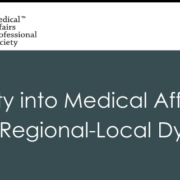Medical Affairs Excellence and Ethics & Compliance in the Evolving Healthcare Landscape – Collaborating and Leading by Example
This Webinar explores: the role of Medical Affairs in guiding ethical decisions internally and externally; the impact of Medical Affairs beyond its remit; the importance of sharing best practices for the role of Medical Affairs in strategic brand planning, and the ethics and compliance considerations for Medical Affairs plans.

